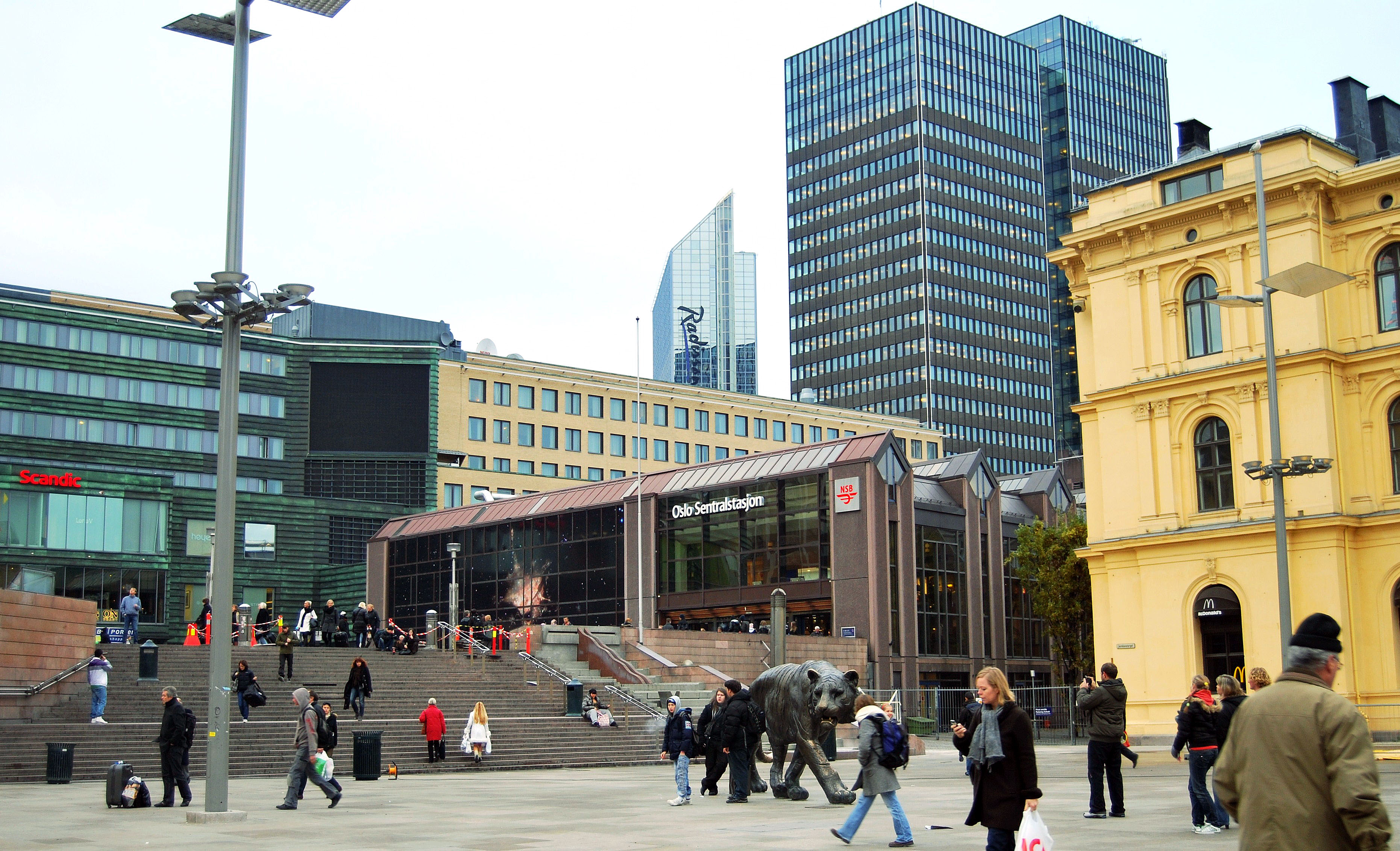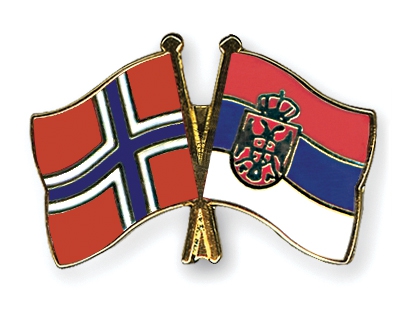The economic cooperation between the Kingdom of Norway and Serbia is insufficiently developed, and it is characterized by sales operations, goods processing, and a small number of companies involved in these activities.

The value of the trade between Serbia and Norway ranged from a rather low 11.3 million EUR in 2005 to 54 million EUR in 2016, with a noticeable growth trend. In the first two months of 2017, the total trade between Serbia and Norway stood at 7.6 million EUR, with Serbia exporting 2.1 million EUR worth of goods and services, and importing 5.5 million EUR.
In 2016, Serbia mostly exported these products to Norway: fishing boats (2.2 mln), frozen raspberries (1.9 mln), gear shifts for motor vehicles (1.6 mln), natural honey (1.5 mln), components and accessories for motor vehicles (1.3 mln), plastics products (1.2 mln), paper or paperboard products coated in plastic (0.8 mln), men’s denim trousers (0.7 mln), kerosene jet fuel (0.5 mln), and other rubber products (0.4 mln).

Serbia mostly imported the following products from Norway: organic anionic agents (7.8 mln), chilled fresh salmon (7.0 mln), unclassified goods (4.7 mln), polyethylene of density of less than 0.94 (3.7 mln), suppression piston pumps (1.5 mln), frozen Atlantic salmon (1.3 mln), mechanically produced wood pulp (1.3 mln), frozen mackerel – Scomber Scombrus (0.9 mln), paper (0.7 mln) and chemical wood pulp (0.6 mln).
There are around 10 Norwegian companies operating in Serbia including Telenor, RAPP Zastava, Statkraft, Emisoft, Ceragon, Elopak, Fosdalen and Novicom. A non-profit organization called Business Innovation Program is also active in Serbia where it implements support programmes in creation of new jobs in less developed areas and transfer of good entrepreneurial practices.
Norway occupies the second place in regard to the value of its FDIs in Serbia. According to the data collated in line with the new National Bank of Serbia’s methodology, in 2016, Norway made 5.6-million-EUR worth of investments, in 2015 this amount stood at 1 million EUR, and in 2014, it was 11.7 million EUR. According to the data collated in line with the old National Bank of Serbia’s methodology, in the period between 2005 and 2013, Norway occupied the second place on the list of the biggest foreign investors in Serbia (after Austria) with the FDI value of 1.31 billion EUR. The biggest Norwegian investment was realized in 2006 when Telenor acquired the Serbian mobile telephony provider Mobi 063 for 1.51 billion EUR. In 2014, Telenor also started providing mobile banking services and invested a total of 40 million EUR in this segment in Serbia.
The RAPP Marine AS Company, with HQ in Oslo, acquired a 72% share in Zastava Mašine from Kragujevac. The company produces cranes and wrenches for ships and oil platforms, and fire doors for ships. In 2014, the company expanded its production capacity by acquiring the premises of the 21. Oktobar Company from Gruža and creating 50 new jobs, an investment worth 6.8 million EUR. RAPP Marine’s main production centre is now in Serbia from where they export 95% of products they manufacture.
One of the biggest global producers of paper based packaging, Elopak acquired a 100% share of the Serbian company Agrana Pak from Batajnica. Elopak Serbia now produces cardboard packaging for milk and dairy products with 35% of the manufactured products exported.
In regard to Serbian companies operating in Norway, the Novi Sad-based construction company VNG will participate in the construction of the second biggest hanging bridge in Norway together with the Chinese company Sichuan Road and Bridge Group. The E-Kuće Company from Čačak is slowly breaking into the Norwegian market with their prefabricated houses.
Norway is one of the biggest bilateral donors in Serbia with approximately 216-million-EUR worth of development assistance spent in Serbia over the last 15 years.